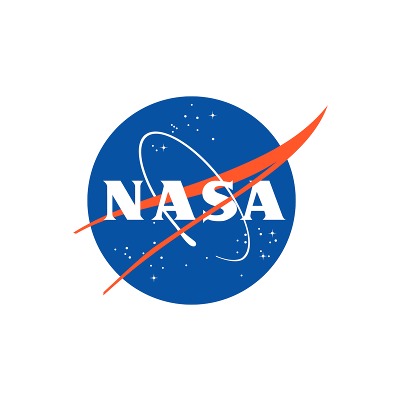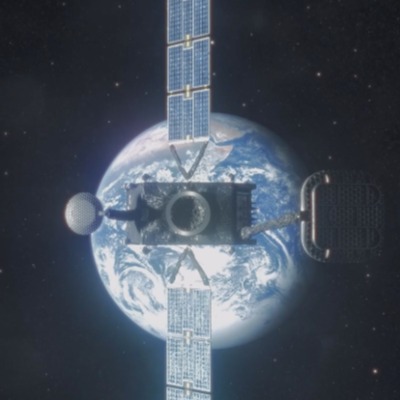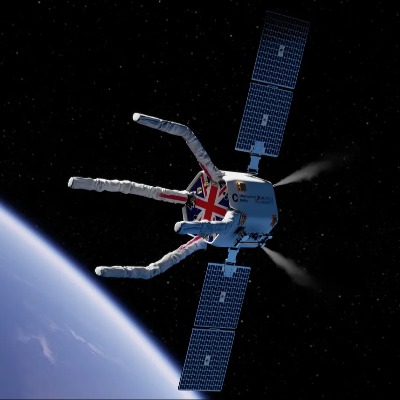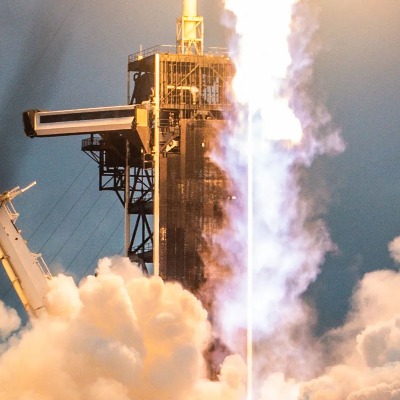Moon Mission On Hold: NASA Delays Artemis 2 Astronaut Launch To September 2025
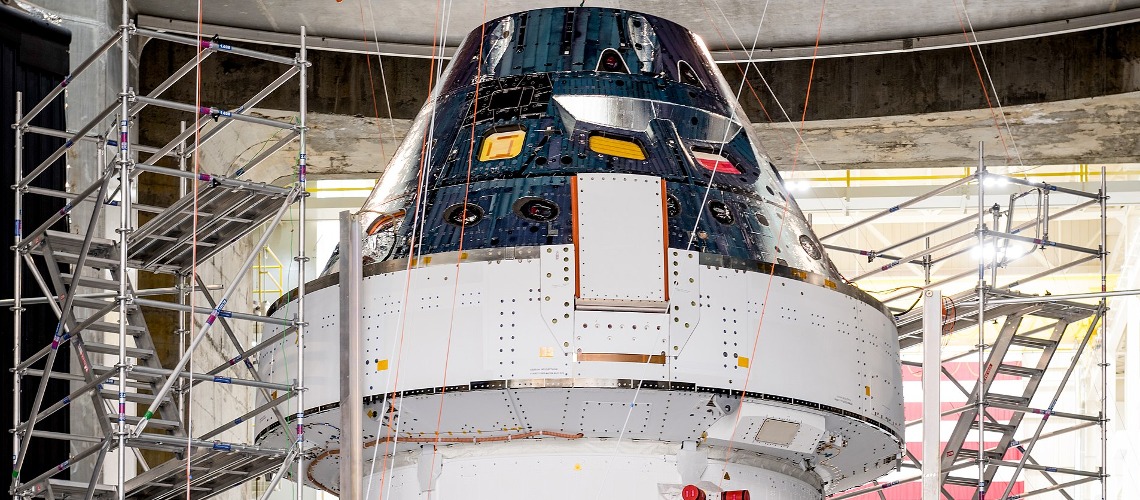
In a setback for its ambitious lunar ambitions, NASA announced today that the launch of its Artemis 2 crewed mission, originally scheduled for late 2024, will be delayed by nearly a year, targeting September 2025 instead. This decision, driven by technical challenges and a desire to prioritize crew safety, marks a significant adjustment to the agency's Artemis timeline, pushing back the return of astronauts to the Moon by another year.
NASA Administrator Bill Nelson addressed the nation, emphasizing the agency's commitment to safety as the primary reason for the delay. "As we prepare for this historic mission, Artemis 2 will carry four astronauts farther than any human has ever travelled, venturing thousands of miles beyond the Moon. It's our responsibility to ensure every aspect of this mission is optimized for their safe return," Nelson stated.
The delay stems from three key challenges:
- Electronics issues: Concerns arose regarding electrical components in the Orion spacecraft and Space Launch System (SLS) rocket. While these components passed initial tests, further evaluations revealed potential for malfunction under specific scenarios. Replacing and retesting these crucial systems require additional time.
- Launch abort system: Testing of the launch abort system, designed to propel the crew capsule to safety in case of a rocket malfunction, revealed slight inconsistencies in how the system performs under certain conditions. NASA wants to fully understand and address these irregularities before risking a real-life application.
- First-time integration: Artemis 2 marks the first time all the major components of the SLS and Orion systems will be integrated and launched together. This unprecedented complexity necessitates thorough testing and adjustments to ensure seamless functioning during the mission.
While the news of the delay may disappoint space enthusiasts, NASA officials stress that this decision prioritizes the safety of the astronauts and ensures the mission's success. "We understand the eagerness to return to the Moon, but taking the necessary time to resolve these technical challenges now will ultimately lead to a smoother and safer mission for our crew," said Jim Free, Associate Administrator for NASA's Exploration Systems Development Mission Directorate.
The delay also impacts the subsequent Artemis 3 mission, initially slated for late 2025. With Artemis 2 pushed back, Artemis 3, which aims to land the first woman and first person of color on the Moon, is now tentatively rescheduled for September 2026.
Despite the setback, NASA remains unwavering in its commitment to the Artemis program. The agency emphasizes the valuable science and technology advancements that will be achieved throughout the missions, paving the way for a sustainable human presence on the Moon and future exploration of Mars.
The news of the delay sparks mixed reactions. Some express support for prioritizing safety and acknowledging the complexities of such a monumental endeavor. Others voice disappointment and concern about the revised timeline. While the wait for Moon landing seems longer, one thing remains clear: the Artemis program continues its ambitious journey, prioritizing safety and striving to write a new chapter in human exploration.

